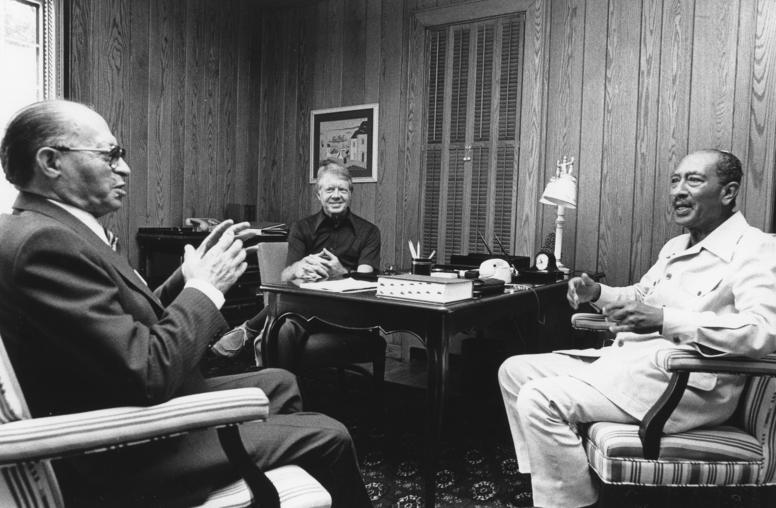Negotiating Civil Resistance
Reviewing the literature on negotiation and civil resistance, this report examines the current divide between the two and digs deeper to identify the fundamental convergences. It builds on these findings to illustrate why negotiations and negotiation concepts are essential to the success of civil resistance campaigns. Using historical examples, it then examines the dynamics of negotiation in the context of these strategic domains.
Summary
- Nonviolent uprisings and protest movements can help channel popular discontent into positive political and social change.
- Negotiation can enable opposition movements to more effectively press for such change.
- Despite enormous complementarities, civil resistance activists and negotiation scholar-practitioners have tended to develop separate communities of practice and divergent theories.
- Rights advocates often focus on ends; the conflict resolution community emphasizes processes and methods.
- Demands of a movement can be structured to make either pragmatic, incremental gains toward justice or peace, or far-reaching, transformative changes to restructure a system.
- Movement leaders need to recognize the three key purposes of a demand: collectivizing, dramatizing, and generating momentum.
- Direct action campaigns should increase the social power of a movement by mobilizing key populations and establishing the moral high ground of the movement vis-à-vis the target regime.
- Effective direct action has a clear target, whether a policy or a regime.
- Broad-based participation that moves beyond demonstration and becomes transgressive shows the opponent that obedience and compliance cannot be taken for granted.
- The leverage nonviolent movements have depends on the quality and strength of the negotiated agreements within the coalition and with the regime. Such negotiations are far from a mere formality: the process of unpacking an old regime and rebuilding a functional, harmonious society is usually a process, rarely a definitive end-state.
- Rather than marking the formal end of a civil resistance campaign, negotiation is essential to successfully initiating, expanding, and sustaining it.
- Despite clear and important cleavages and divergence between the negotiation and conflict resolution field, on the one hand, and the civil resistance field, on the other, their convergence is promising.
About the Report
This report reveals how negotiation and civil resistance are deeply entwined and offers insights into how negotiation is more than an appendage of a civil resistance campaign, but instead a critical element of strategy. Drawing on the extensive literature on negotiation and civil resistance, the report grew out of the panel “From Civil Resistance to Peaceful Resolution,” held at the United States Institute of Peace in March 2016 and organized by Maria Stephan.
About the Authors
Anthony Wanis-St. John is an associate professor in the School of International Service at American University, where he focuses on international negotiation. An adviser to the Academy of International Conflict Management and Peacebuilding at USIP, he conducts advanced negotiation, mediation, and conflict resolution trainings for US military and civilian agencies, international organizations, humanitarian NGOs, and business organizations around the world. Noah Rosen is pursuing a PhD at the School of International Service. His research focuses on the intersection of peacebuilding and civil resistance and examines the strategies marginalized groups adopt to influence national-level peace processes.



